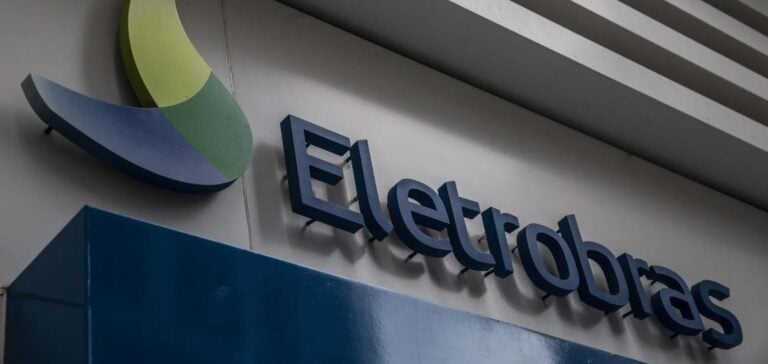The German company SEFE (Securing Energy for Europe) is partnering with Brazilian energy giant Eletrobras to secure green hydrogen supply for Europe. This collaboration aims to produce 200,000 tons of hydrogen annually starting in 2030, a key initiative to meet Europe’s climate ambitions.
An Internationally Backed Project
The project, which also includes the Kuwaiti project developer EnerTech, will involve building a grid-connected electrolysis plant in Brazil. Powered by renewable sources, including hydropower, the plant will convert hydrogen into ammonia, facilitating its transportation to Germany. Once imported, this green hydrogen will be distributed and sold on the European market.
A Strategic Challenge for Europe
According to Egbert Laege, SEFE’s CEO, this partnership highlights the company’s dual ambition: securing Europe’s energy supply while becoming a leader in the energy transition. The initiative also aligns with European requirements for renewable hydrogen, as defined by the revised Renewable Energy Directive.
Brazil, a Key Player in Green Hydrogen
Brazil is increasingly seen as a potential low-cost producer of hydrogen for the European market. Projects like the one led by Eletrobras are part of a series of similar initiatives, such as those underway in the Piauí state, which aim to produce green hydrogen at less than $5 per kilogram by 2028.
Among the notable initiatives, the Solatio project, backed by Spanish investors, plans to deliver 11.4 GW of capacity to produce hydrogen in the free trade zone near the Parnaíba River. Another 10.8 GW project, the Green Energy Park, focuses on exports to Europe, with an import terminal being developed on the Croatian island of Krk.
Implications for the Energy Transition
With Europe projected to depend on imports for 70% of its hydrogen demand by 2030, it is seeking to diversify its partners to meet its climate goals. The alliance between SEFE and Eletrobras could strengthen the continent’s energy security while encouraging greener global production.






















